In war-torn countries like Yemen and Syria, children are in terrible danger from COVID-19. They risk becoming the hidden victims of the virus because whilst they won’t die of it they will die because of it.
6,000 children could die every day as a direct consequence of the pandemic, that’s one child every 15 seconds, if we don’t act now.
While children make up the minority of cases around the world, it’s children who are going to suffer the most.
Read on to learn how children’s lives are at risk because of the devastating impact of COVID-19.
Increase in Child Mortality
Immunisation
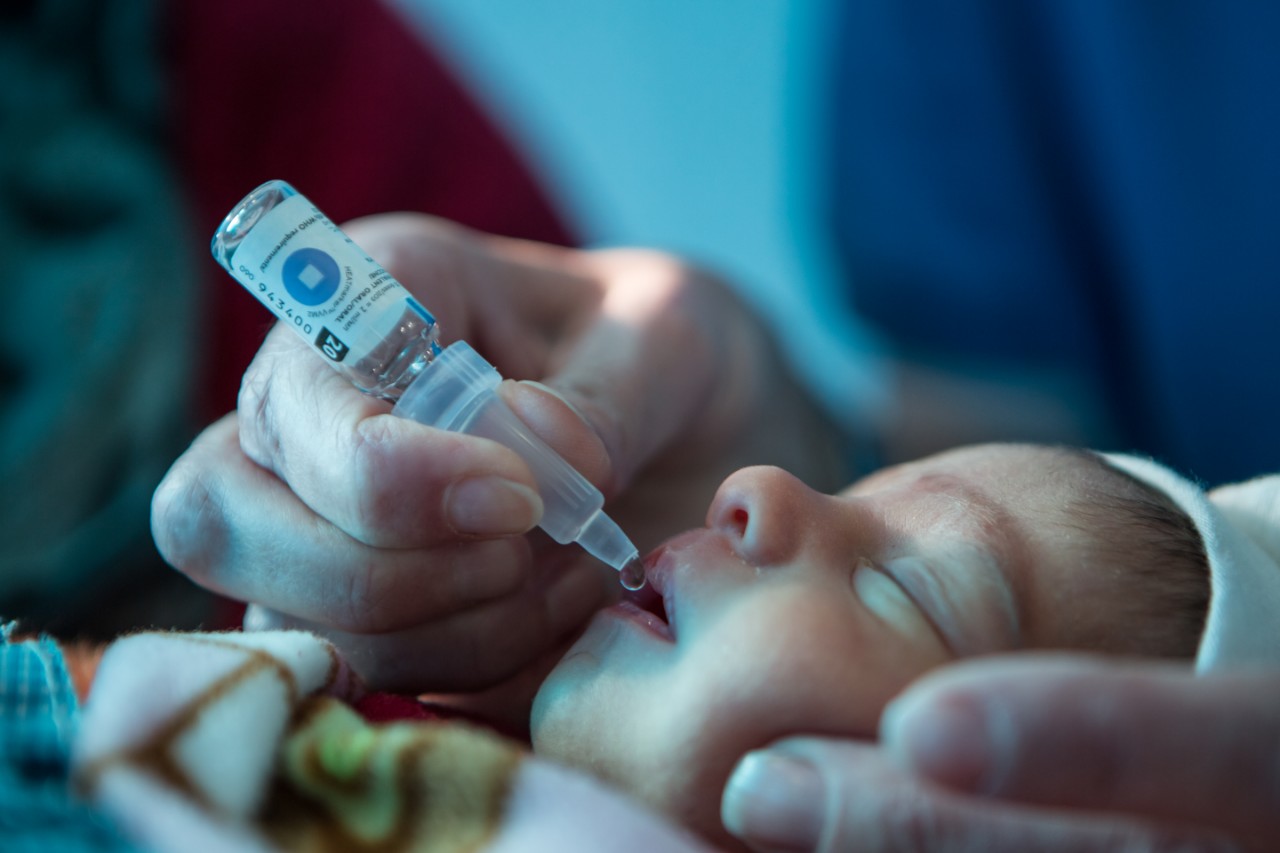
COVID-19 is disrupting life-saving immunisation services around the world, putting children – in rich and poor countries alike – at risk.
Millions of children, some already weak from malnutrition, have not received vital protection from deadly diseases like diphtheria, measles and polio. Without immunity, they’re at increased risk of dying from a preventable cause.
Since March 2020, routine immunisation programmes have been disrupted on a global scale. 80 million children under the age of one, in at least 68 countries, have yet to receive vaccinations.
“Immunisation is one of the most powerful and fundamental disease prevention tools in the history of public health,” said Dr Tedros Adhanom Ghebreyesus, WHO Director-General.
“Disruption to immunisation programmes from the COVID-19 pandemic threatens to unwind decades of progress against vaccine-preventable diseases like measles.”
Health Care
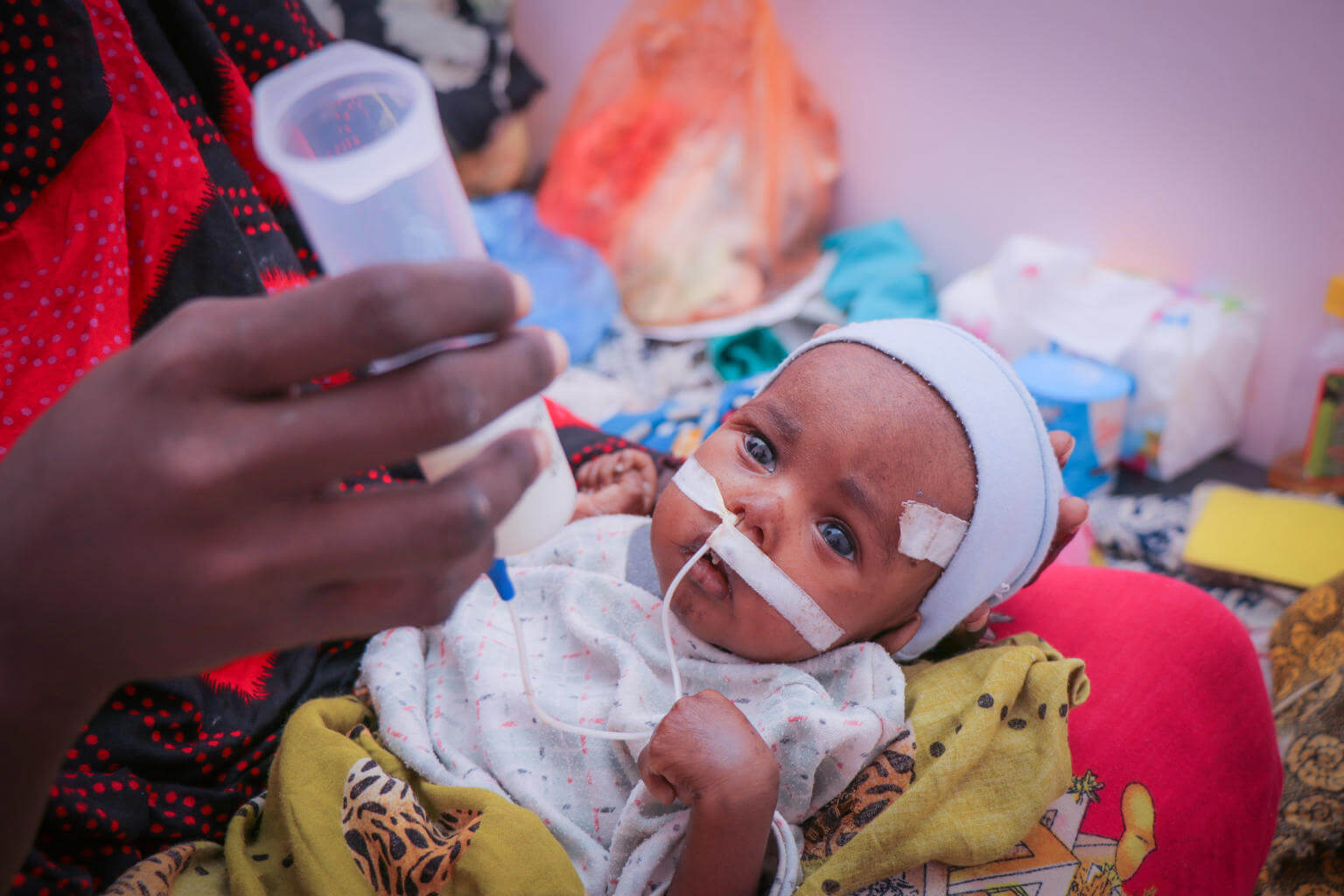
In countries with already decimated health care systems, like Yemen or Syria, hospitals will struggle to treat the surge in patients. As hospitals work to overcapacity, medicines and vital supplies will be in short supply.
Common childhood illnesses, like fever or acute diarrhoea, can be fatal without access to medicine and clean water. If parents can’t access routine healthcare, many children will die needlessly.
Food Insecurity
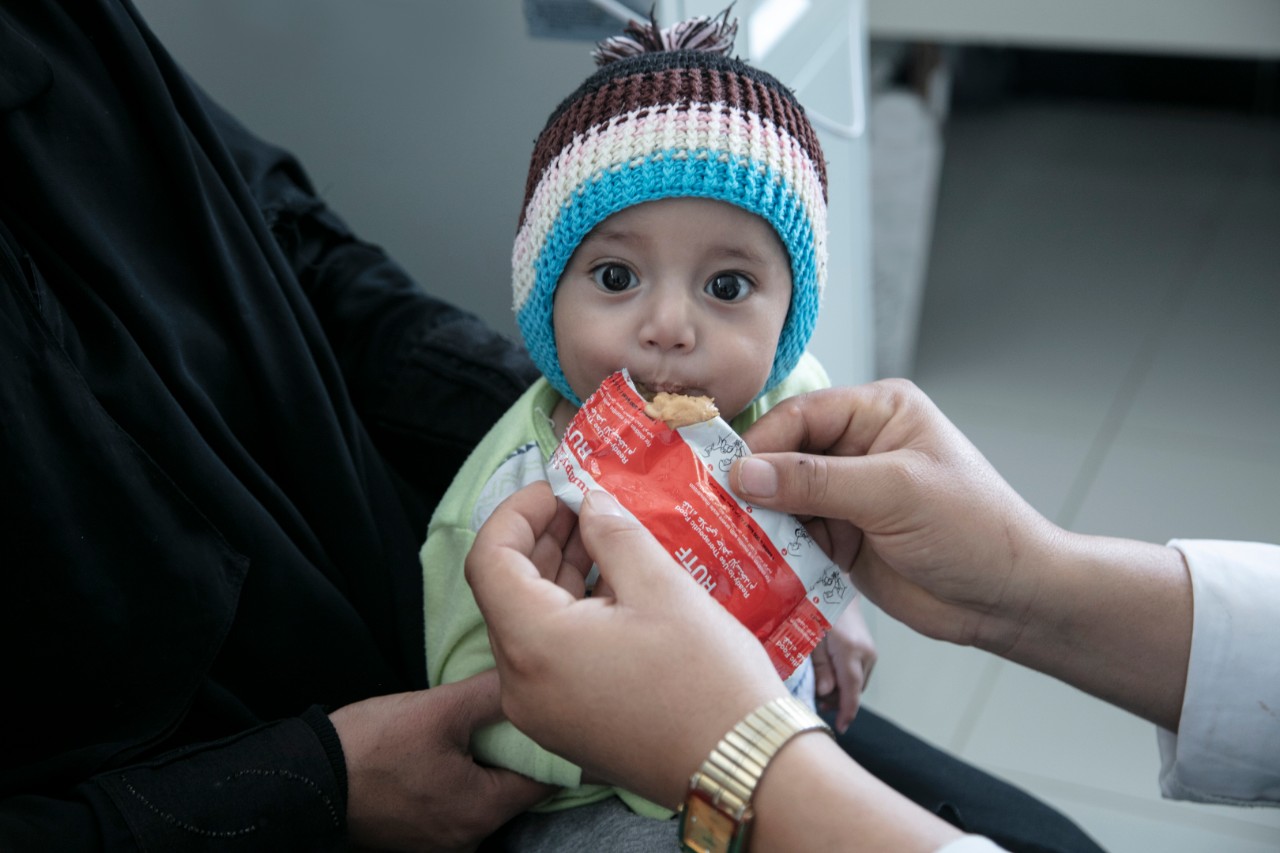
With countries in lockdown and movement hampered, vital aid like food can’t reach those who need it most.
In Yemen alone, over 12 million children rely on humanitarian assistance to survive. Today, there are 360,000 severely malnourished children in Yemen. If supply chains were to be hampered even further, the consequences would be unimaginable.
Additionally, many families will struggle to financially survive the COVID-19 pandemic. Billions of people have been affected by business closures. In countries without state support, many families will struggle to put food on the table.
No children should go to bed hungry.
Disrupted Education
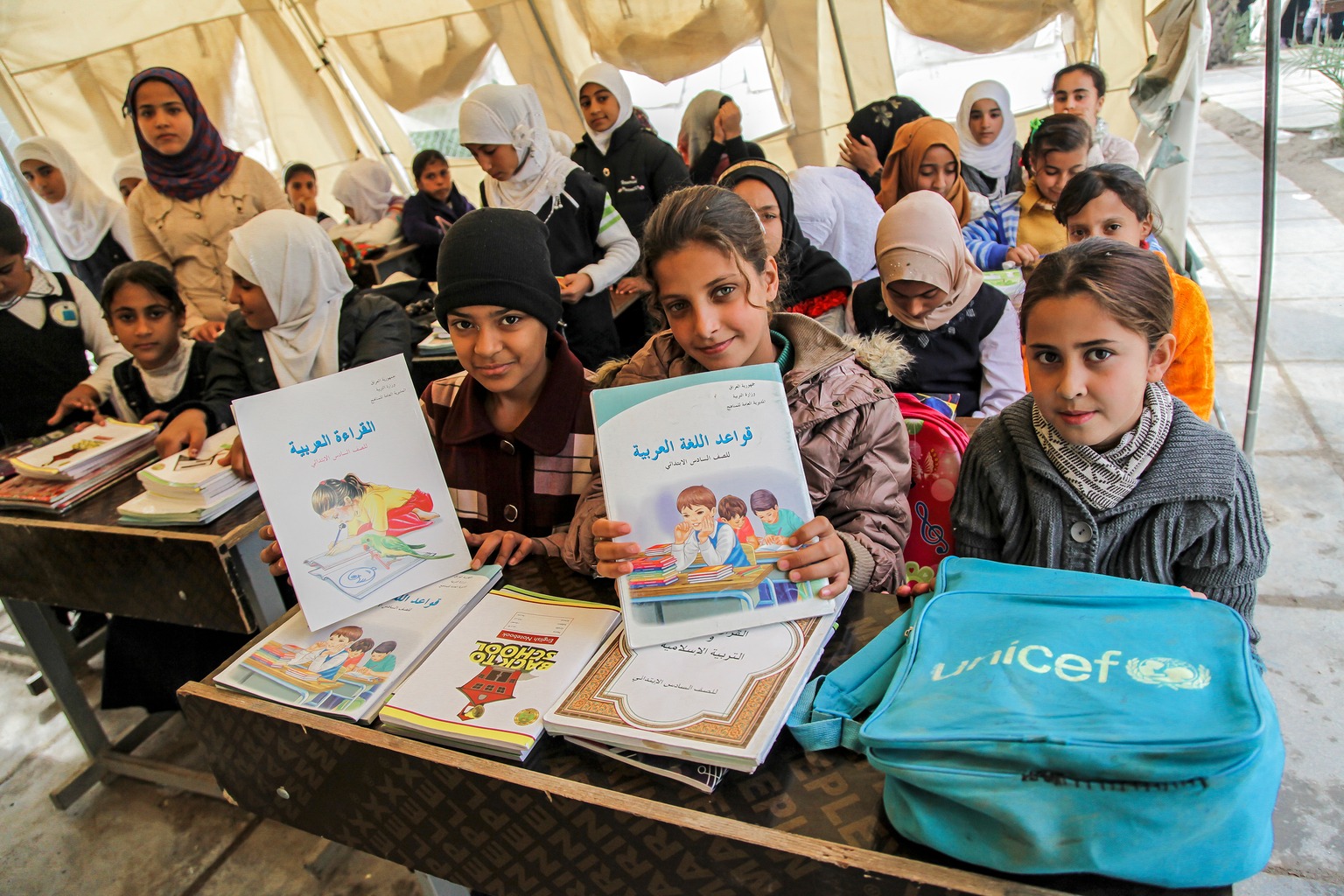
Humanitarian emergencies have shown that children whose education is disrupted, especially for long periods, are less likely to return to school. Never before have so many children been forced to stop attending school.
For many children school is a lifeline. It’s a safe place to learn, play, eat and dream of a bright future.
Out of school, children often take on extra responsibilities at home, like caring for younger siblings, housework or jobs. For girls, who have already fought to receive an education, this could mean forced child marriage.
Rise in Child Protection Issues
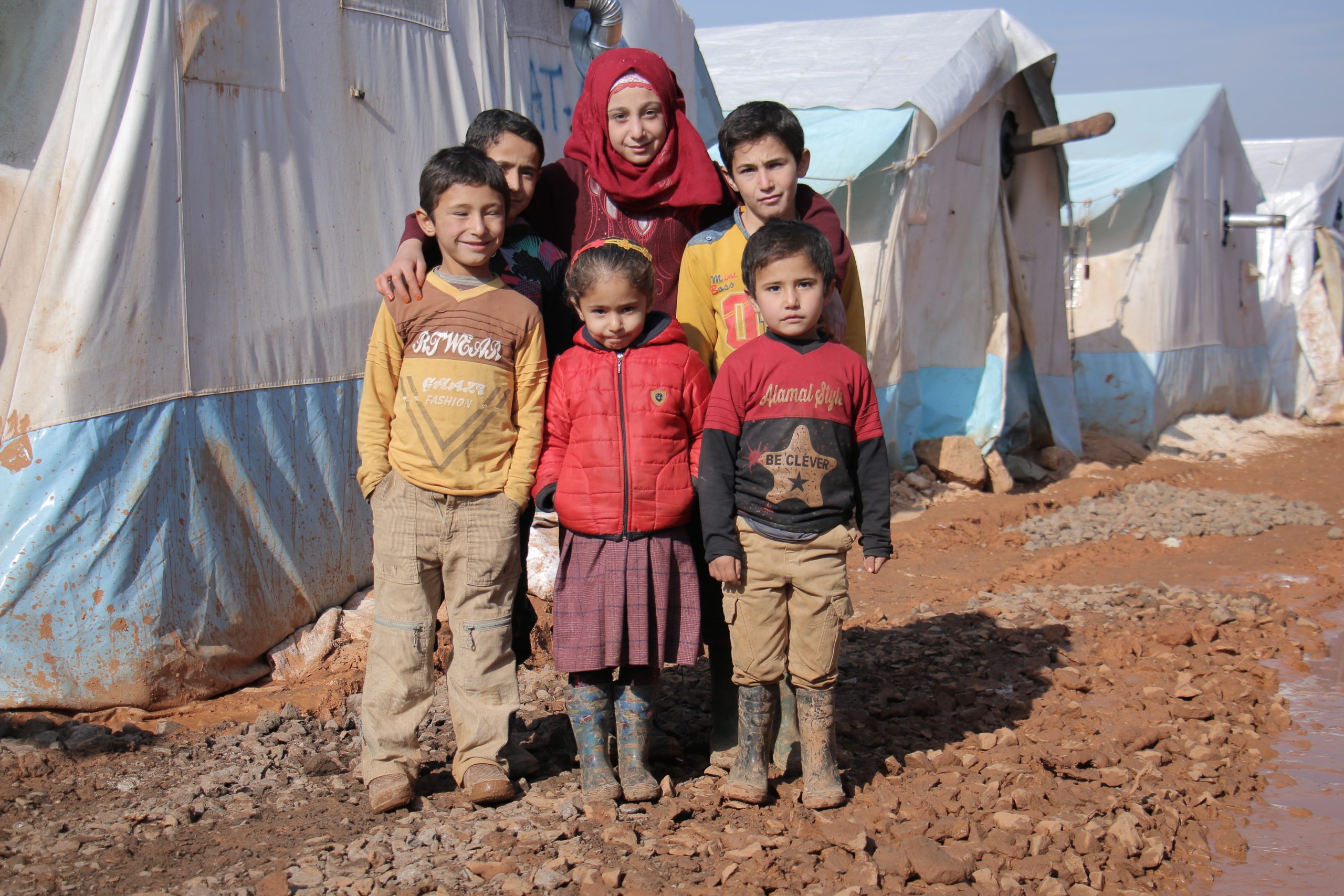
As we stay at home to fight the virus, children are at increased risk of exposure to violence or abuse.
With the increased economic, social and psychological pressures that families are experiencing right now, many countries have reported increasing cases in domestic violence. That’s violence against children but also violence that children are witnessing at home.
This can be extremely damaging not only for their emotional well-being but also their cognitive development which can impact a child’s whole life.
Help Children Survive the COVID-19 Pandemic
UNICEF is working to protect all children from the consequences of COVID-19.
We’re sending life-saving food, medicines and clean water to those who need it most.
If you’d like to protect children from the consequences of COVID-19, please donate to our Emergency Coronavirus Appeal now.

